- Browse
- Space
Space Courses
Space courses can help you learn about astrophysics, planetary science, spacecraft design, and orbital mechanics. You can build skills in data analysis, simulation modeling, and mission planning. Many courses introduce tools like MATLAB for simulations, Python for data analysis, and CAD software for designing spacecraft, connecting these skills to real-world applications in satellite technology and space exploration.
Popular Space Courses and Certifications
 Status: PreviewPreviewU
Status: PreviewPreviewUUniversity of Arizona
Skills you'll gain: Physical Science, Physics, Engineering, Scientific, and Technical Instruments, Ancient History, Chemistry, electromagnetics, Biology, Global Positioning Systems, Scientific Methods, Scientific Visualization, Research, Simulations
4.8·Rating, 4.8 out of 5 stars4K reviewsBeginner · Course · 1 - 3 Months
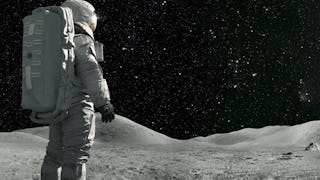 Status: PreviewPreviewT
Status: PreviewPreviewTTechnical University of Munich (TUM)
Skills you'll gain: Commercialization, Transportation Operations, Resource Utilization, Sustainable Development, Medical Science and Research, Environment and Resource Management, Sustainable Technologies, Strategic Partnership, Physical Science, Science and Research, Research
4.8·Rating, 4.8 out of 5 stars24 reviewsIntermediate · Course · 1 - 3 Months
 Status: PreviewPreviewY
Status: PreviewPreviewYYale University
Skills you'll gain: Global Positioning Systems, Wireless Networks, General Networking, Communication Systems, Mechanics, Telecommunications, Technical Communication, Physics, Environmental Monitoring
4.9·Rating, 4.9 out of 5 stars668 reviewsBeginner · Course · 1 - 3 Months
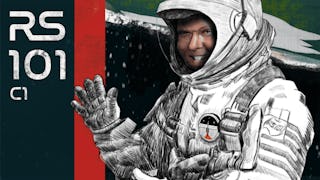 Status: Free TrialFree TrialU
Status: Free TrialFree TrialUUniversity of Michigan
Skills you'll gain: Mechanics, Engineering, Physics, Trigonometry, Calculus, Chemical Engineering, Mathematical Modeling, Electrical Power
4.9·Rating, 4.9 out of 5 stars41 reviewsBeginner · Course · 1 - 4 Weeks
 Status: Free TrialFree TrialT
Status: Free TrialFree TrialTTechnical University of Munich (TUM)
Skills you'll gain: Global Positioning Systems, Human Factors, Manufacturing Processes, Digital Transformation, Environmental Monitoring, Control Systems, Aerospace Basic Quality System Standards, Production Process, Automation, Structural Analysis, Engineering Analysis, Image Analysis, Communication Systems, Industrial Engineering, Human Machine Interfaces, Robotics, Cybersecurity, Spatial Data Analysis, Mathematical Modeling, Artificial Intelligence
4.7·Rating, 4.7 out of 5 stars491 reviewsIntermediate · Specialization · 3 - 6 Months
 Status: FreeFreeD
Status: FreeFreeDDuke University
Skills you'll gain: Blood Pressure, Physiology, Medical Science and Research, Biomedical Engineering, Emergency Medicine, Vital Signs, Preventative Care, Radiation Protection, Human Factors, Health Care, Respiration, Physics, Biology, Engineering
4.8·Rating, 4.8 out of 5 stars652 reviewsBeginner · Course · 1 - 3 Months
What brings you to Coursera today?
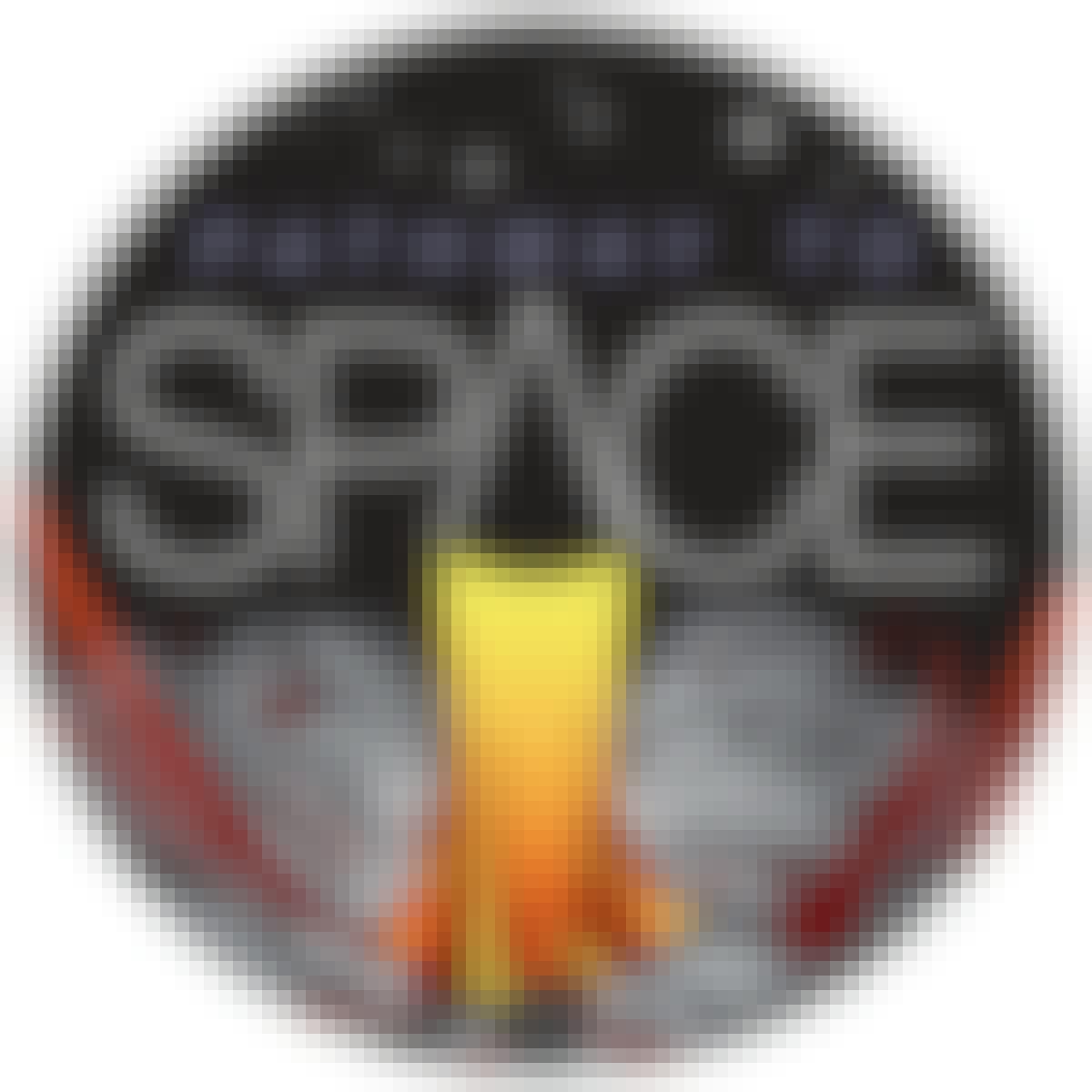 Status: Free TrialFree TrialU
Status: Free TrialFree TrialUUniversity of Colorado Boulder
Skills you'll gain: Global Positioning Systems, Journalism, Music, Political Sciences, Entrepreneurship, Systems Engineering, Culture, Aerospace Basic Quality System Standards, Media and Communications, International Relations, Governance, Higher Education, Public Policies, Physical Science, Liberal Arts, Geographic Information Systems, Physics, Engineering Design Process, Environmental Science, Writing
4.2·Rating, 4.2 out of 5 stars38 reviewsBeginner · Specialization · 3 - 6 Months
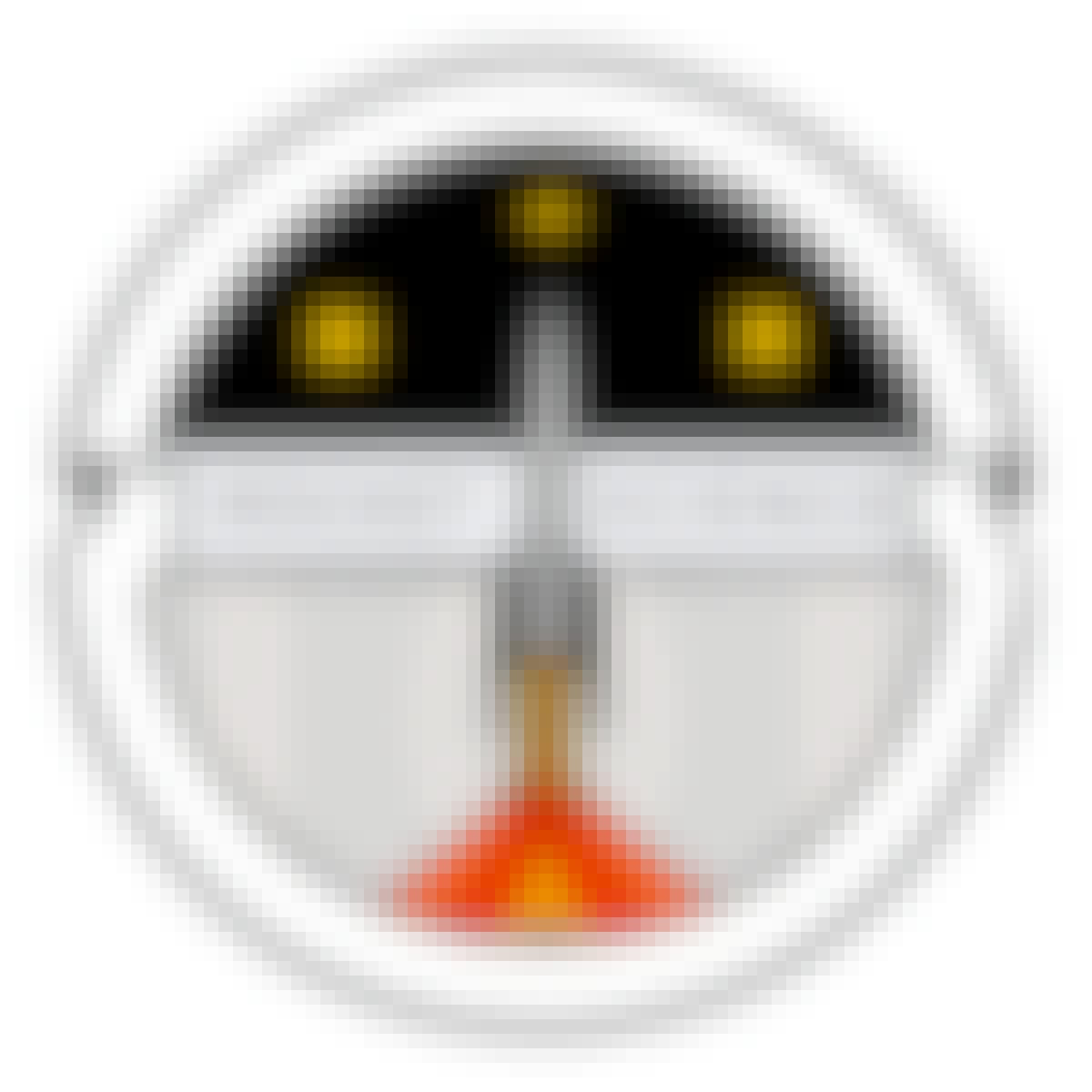 Status: Free TrialFree TrialU
Status: Free TrialFree TrialUUniversity of Michigan
Skills you'll gain: Mechanics, Environmental Monitoring, Global Positioning Systems, Engineering, Physics, Environment, Physical Science, Climate Change Programs, Trigonometry, Geographic Information Systems, Research, Scientific Methods, Manufacturing and Production, Calculus, World History, Chemical Engineering, International Relations, Engineering, Scientific, and Technical Instruments, Political Sciences, Emerging Technologies
4.9·Rating, 4.9 out of 5 stars58 reviewsBeginner · Specialization · 1 - 3 Months
 Status: Free TrialFree TrialJ
Status: Free TrialFree TrialJJohns Hopkins University
Skills you'll gain: Traffic Flow Optimization, Architectural Design, Sustainable Development, Stormwater Management, Building Codes, Community Development, Land Development, Public Works, Sustainable Architecture, Landscape Architecture, Transportation Operations, Civil Engineering, Case Studies, Environmental Engineering, Building Design, Economic Development, Land Management, Sustainable Design, Sustainable Technologies, Environmental Science
4.6·Rating, 4.6 out of 5 stars483 reviewsIntermediate · Specialization · 3 - 6 Months
 Status: PreviewPreviewI
Status: PreviewPreviewIISAE-SUPAERO
Skills you'll gain: New Product Development, Emerging Technologies, Innovation, Sustainable Technologies, Engineering, Manufacturing Processes, Mechanical Engineering, Cost Reduction, Environmental Issue, Thermal Management, Physics
4.6·Rating, 4.6 out of 5 stars56 reviewsBeginner · Course · 1 - 3 Months
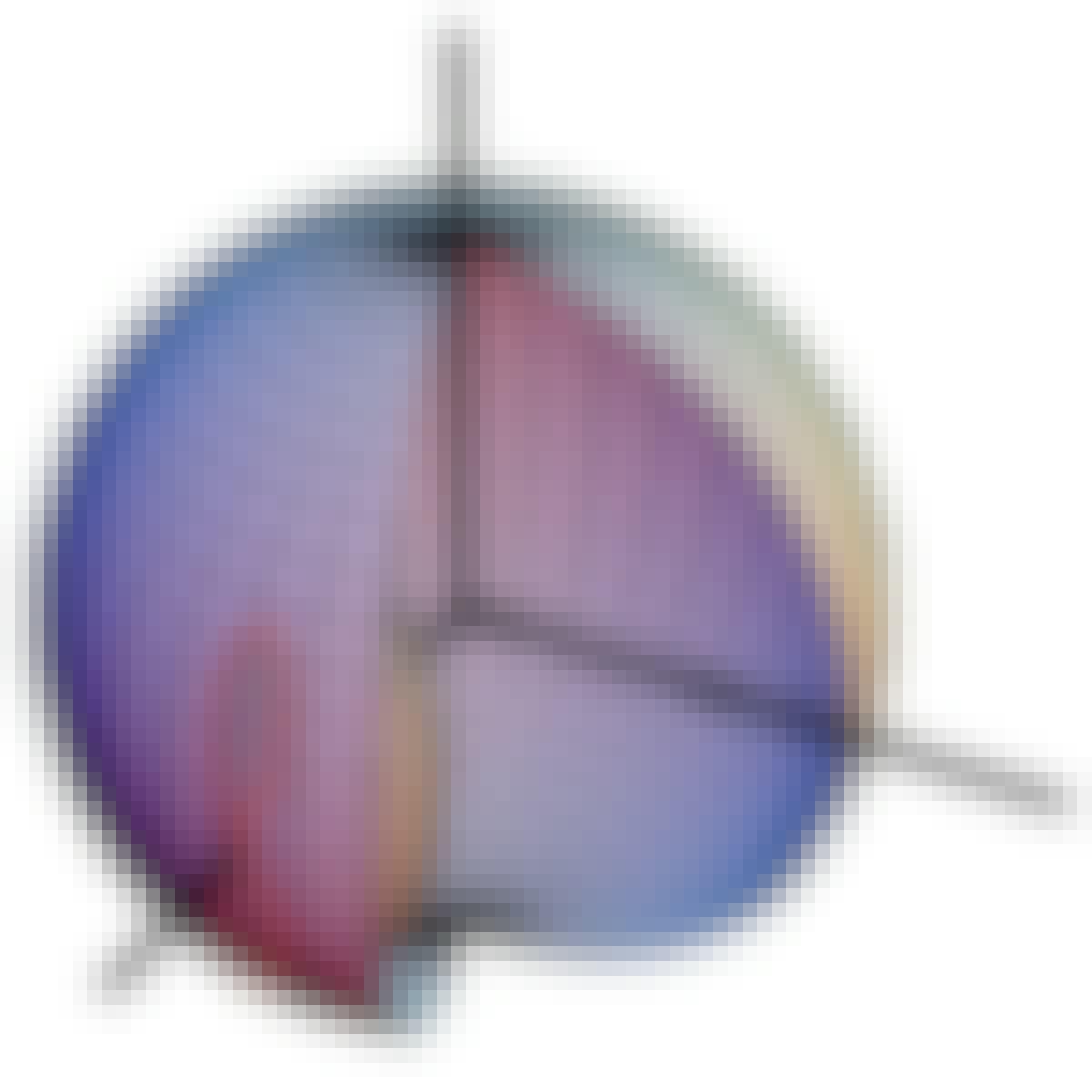 Status: Free TrialFree TrialU
Status: Free TrialFree TrialUUniversity of Colorado Boulder
Skills you'll gain: Control Systems, Vibrations, Mechanics, Torque (Physics), Global Positioning Systems, Linear Algebra, Numerical Analysis, Simulations, Engineering Analysis, Trigonometry, Mathematical Modeling, Differential Equations, Simulation and Simulation Software, Engineering Calculations, Applied Mathematics, Verification And Validation, Engineering, Advanced Mathematics, Algorithms, Physics
4.8·Rating, 4.8 out of 5 stars437 reviewsAdvanced · Specialization · 3 - 6 Months
 Status: Free TrialFree TrialI
Status: Free TrialFree TrialIISAE-SUPAERO
Skills you'll gain: Mechanics, Simulations, Engineering Calculations, Physics, Applied Mathematics, Engineering Analysis, Systems Of Measurement
4.7·Rating, 4.7 out of 5 stars488 reviewsBeginner · Course · 1 - 4 Weeks
In summary, here are 10 of our most popular space courses
- Astronomy: Exploring Time and Space: University of Arizona
- Space Exploration: Technical University of Munich (TUM)
- Rocket Science for Everyone: Yale University
- The Basics of Rocket Science: University of Michigan
- Digitalisation in Aeronautics and Space: Technical University of Munich (TUM)
- Space Medicine: Duke University
- Pathway to Space: University of Colorado Boulder
- Rocket Science 101: University of Michigan
- Sustainable Cities: Johns Hopkins University
- New Space: Access to space - Basics: ISAE-SUPAERO
Frequently Asked Questions about Space
Space has long been thought of as “the final frontier,” an unimaginably vast realm for contemplation and exploration for humanity now that we have mapped, photographed, and claimed practically every inch of our home planet Earth. Learning about outer space can be an important source of inspiration for those interested in the structure of the universe as explained by astronomy and astrophysics, the quest to discover extraterrestrial life through the lenses of chemistry and astrobiology, or the technical feats of astronauts, satellites, and space telescopes exploring solar systems near and far.
Space is also increasingly regarded as an important sector for business, with new possibilities emerging for low-cost satellite launches, mining and resource extraction of rare and valuable materials, and even space tourism. The burgeoning space industry includes giants like Boeing, Northrop Grumman, and Lockheed Martin as well as prominent startups like SpaceX, Blue Horizon, and Rocket Labs, creating excellent opportunities in space for established businesses and entrepreneurs alike.
Space offers incredibly exciting career paths for engineers and other professionals and entrepreneurs with ambitions to lead the way in expanding the frontiers of humanity. Engineers with expertise in the kinematics and other principles of spacecraft motion required to build satellites, spaceships, and missiles can find terrific work opportunities in the private sector as well as federal government agencies like NASA and the Department of Defense. According to the Bureau of Labor Statistics, aerospace engineers earn a median annual salary of $116,500.
Absolutely. You can learn about a wide range of science and engineering topics on Coursera, including courses and Specializations spanning multiple courses on space. You can learn about physics, aerospace engineering, astrobiology, and other important topics for a career in space from top-ranked universities like the University of Arizona, University of Colorado Boulder, and University of Houston. And, since you can learn for a lower tuition cost than on-campus students, Coursera lets you build your knowledge of space without blowing your budget into the stratosphere.
If you're fascinated by all things related to the cosmos or if the idea of a STEM (science, technology, engineering, and/or math) college curriculum makes your heart skip a beat, then space studies may be the perfect career path for you. The field of space studies welcomes all kinds of people including builders, fixers, analysts, researchers, and explorers.
If you're up for a rigorous course of study, you can become an astronaut, a person trained to travel on a spacecraft. All crew members aboard a spacecraft have different jobs which include commander, astronaut pilot, mission specialist, payload specialist, and flight engineer. If you become an astronomer, you'll be using equipment like telescopes or space probes to study objects and phenomena within the cosmos like stars, planets, eclipses, and black holes. Then, you'll analyze the data you collect. If you become an astrophysicist, you'll focus on the study of time, space, matter, and energy and using the laws of physics to understand the universe. As an aerospace engineer, you'll be involved with the design and construction of aircraft and spacecraft, and as an avionics technician, you'll work with navigational and communications systems inside aircraft or spacecraft.
If you're interested in working for the government, you can set your sights on the military or NASA. If you're keen on working in the aerospace industry, you can apply for jobs at companies like Boeing or Lockheed Martin. If you want to get involved in commercial space flight from the ground up, then a job with a company like SpaceX or Blue Origin may be just right for you.
There are a variety of topics to study that intersect with the field of space studies, including telecommunications, robotics, earth science, meteorology, laser technology, radar technology, and sonar technology.
Online Space courses offer a convenient and flexible way to enhance your knowledge or learn new Space skills. Choose from a wide range of Space courses offered by top universities and industry leaders tailored to various skill levels.
When looking to enhance your workforce's skills in Space, it's crucial to select a course that aligns with their current abilities and learning objectives. Our Skills Dashboard is an invaluable tool for identifying skill gaps and choosing the most appropriate course for effective upskilling. For a comprehensive understanding of how our courses can benefit your employees, explore the enterprise solutions we offer. Discover more about our tailored programs at Coursera for Business here.










